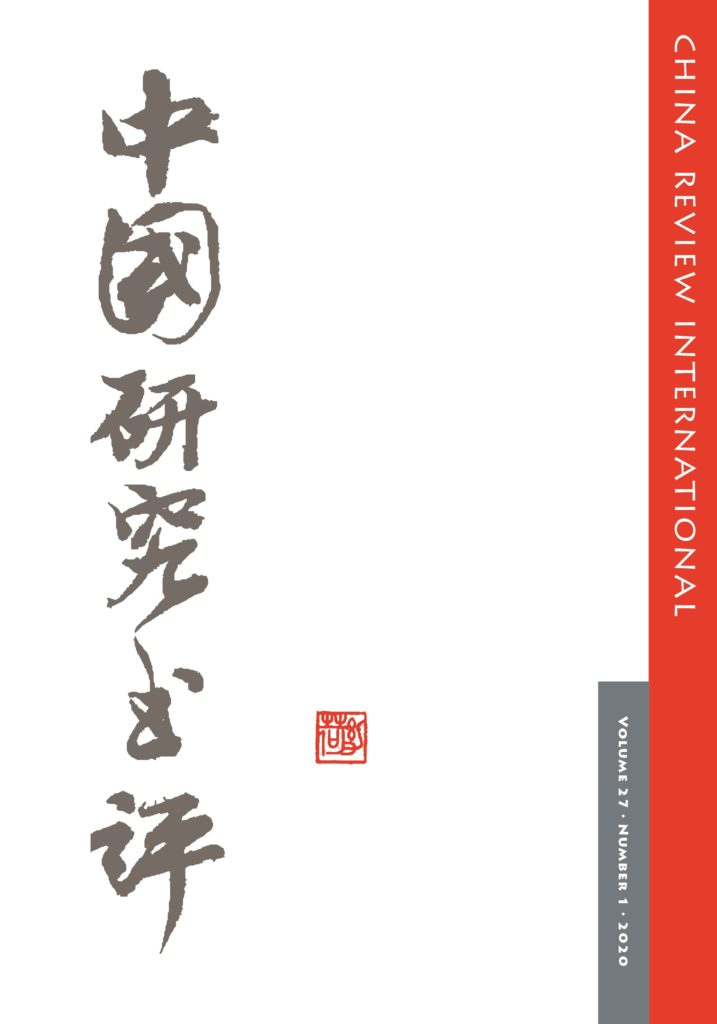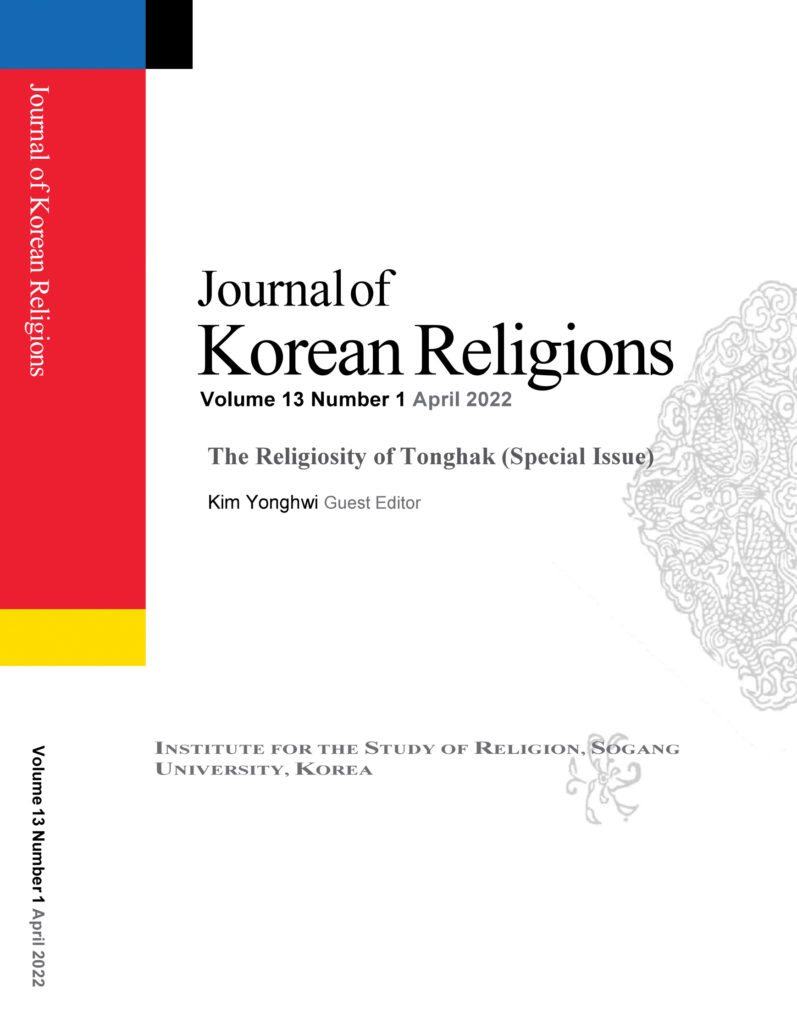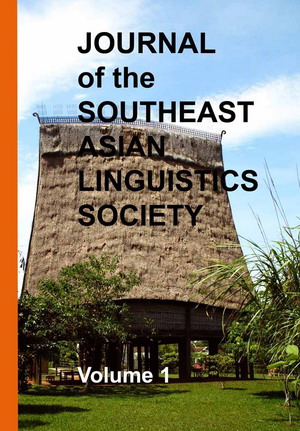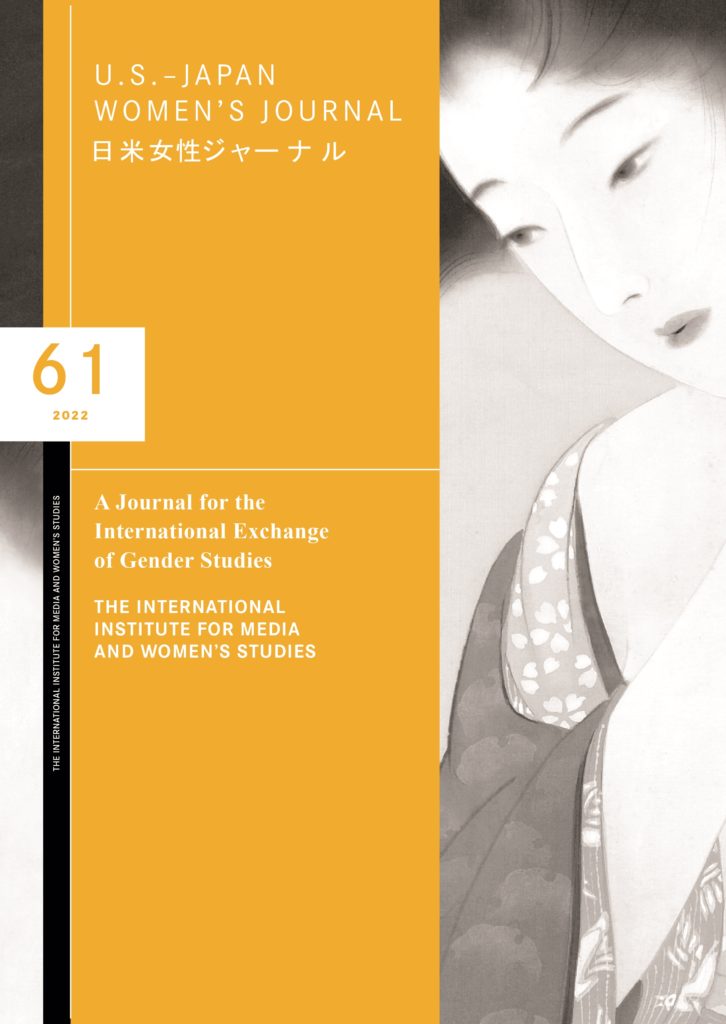The World History Association will be hosting its annual meeting in-person and virtually in Bilbao, Spain from June 23 to 25, on the theme “Distance, Mobility, and Migration.” The Journal of World History offers this accompanying special collection “Missions and Conversions in World History,” free on the Project MUSE platform through September 30. Select World History Titles in our Books Department will also be 30% July 1 through September 30 with coupon code WHA2022.
Missionary efforts are usually enacted on a global scale and have been an important force within world history. This special collection of articles seeks to enhance our understanding of missionaries and conversion and their place in the discourse on religion in world history. Some of the articles in this special collection focus on the religious beliefs of the missionaries and converts, and how those beliefs adapted to the cultures of parties. Other contributors analyze the political ramifications of missionary undertakings, while still others explore the varied cultural exchanges and entanglements which result from these encounters, many of which extended beyond the religious.
This special issue provides accessible resources for scholars and teachers worldwide and features Guest Editor Stephen S. Francis, who discusses the issue below.

(Photo courtesy of Stephen S. Francis)
University of Hawai‘i Press: Tell us how this special issue came together.
Stephen S. Francis: My personal area of research is the history of religion and society, and also family relations and material culture, so I was drawn to these articles that not only dealt with the personal ideological conversion of peoples, but also how missionaries and religion affected other aspects of society and culture beyond the intended reasons for proselyting.
UHP: Why is this issue important now?
SSF: Since the latter half of the twentieth century and the beginning of the twenty-first, religion throughout the world has undergone radical change, but perhaps no more so than in the past. So, I think it is beneficial for us to look at the impact and effects of past encounters to place the current developments in context.
UHP: How do you hope people will use this issue?
SSF: One of the goals of Journal of World History is to show broader interconnections of ideas that go beyond nations and regions, and in editing this volume, I gained greater insight into my own localized study by seeing the similarities and how my own work fits into this larger discourse. I hope that other scholars will do the same, and that it will enhance their own research and world view.
UHP: How are things changing as the world has reopened slowly? Are there many ways the pandemic has affected your own research and teaching?
SSF: Specifically regarding the topic of this issue, I know that several churches have altered the way they have proselyted during the pandemic, and I am eager to see how some of those changes will be kept and what ones will be discarded as the world reopens, which in several years will be fascinating to research. I, like many, had to cancel research trips due to the pandemic, but it also gave me time to reflect and focus on ideas that I may have ignored if life had continued as “normal.”
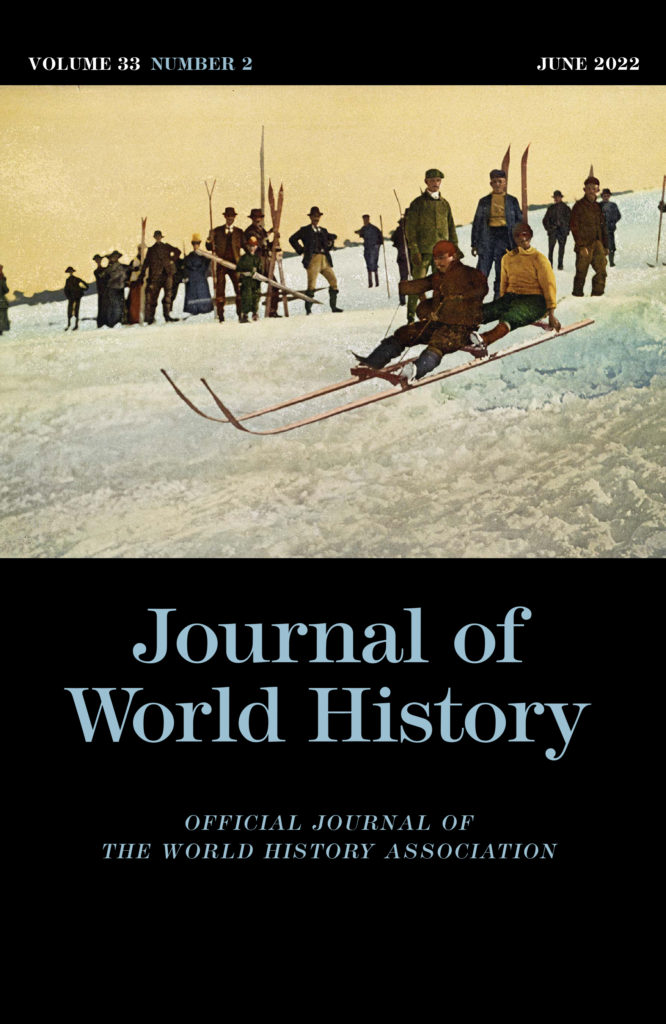
Missions & Conversions in World History
Table of Contents
“Missions and Conversions in World History: An Introduction”
Stephen S. Francis
Indigenous Encounters with Christian Missionaries in China and West Africa, 1800-1920: A Comparative Study
David F. Lindenfeld
American Missionaries and the Opium Trade in Nineteenth-Century China
Michael C. Lazich
The Intricacies of Accommodation: The Proselytizing Strategy of Matteo Ricci
Yu Liu
“A Missionary from the East to Western Pagans”: Kagawa Toyohiko’s 1936 U.S. Tour
Robert Shaffer
From Transformation to Negotiation: A Female Mission in a “City of Schools”
Julia Hauser
“Not Far from the Kingdom of God”: Shamanism and Colonial Control in Russia’s Eastern Borderlands, 1853–1917*
Jesse D. Murray
The Jesuit Heresiological Discourse as an Enlightenment Project in Early Modern China
Qiong Zhang
The New Woman, Her New Clothes, and Her New Education: Missionary Encounters and Consuming the Exotic
Mona L. Russell
The World History Association will host its annual meeting both in-person and virtually, from June 23 to 25, on the theme “Distance, Mobility, and Migration.” The Journal of World History offers this digital special issue “Missions and Conversions in World History” free on the Project MUSE platform through the end of September 2022. Select World History Titles in our Books Department will also be 30% July 1 through September 30 with coupon code WHA2022.






